I recently experienced this with my daughter when we had to buy her first laptop. Choosing the model, checking the specifications, and ensuring it was easy to work with were straightforward tasks. However, when it came to selecting the model’s colour, that was a different kettle of fish altogether. One that I hadn't anticipated. We spent far more time agonising over the colour than we did on the size, specification, and manufacturer. We held it in different lights, turned it on its side, put a cover on it, and assessed whether that made a significant difference to its appearance and weight. It took so much longer, and I saw that this was a significant dilemma for my daughter. It mattered. This process highlighted the difficulties we face as humans when presented with too many choices.
Advertising spends a lot of time and money helping us make choices. Companies understand that it's not just about the specifications or effectiveness of the product compared to others. Take Apple, for example; they know it's more about the feel, the emotional connection you have with their products. They aim to tie you into an ecosystem so that your whole life becomes connected to their way of working. Leaving this ecosystem becomes more painful than maintaining and upgrading within it. When they advertise their products, they focus not only on the details of what it will do or the specs, but mostly on the emotional connection and the added value it brings to your life.
They understand that there is a connection to your instincts when faced with choices. We should learn to trust our instincts, especially when children are faced with significant decisions. These decisions, like choosing subjects for the future, can feel overwhelming. The fear of making a mistake with such decisions can be paralysing. Recently, more than 90 families have joined our school, and these families have had to go through the same decision-making process. They've scrutinised the specs of the school, the facilities it offers, extracurricular activities, and trips. However, they also want to understand the feel of the school, the culture, and the emotional connection it has. How will their child feel, being in the school, is a question I often get asked.
Research suggests that we should trust our instincts and intuition. It's a real thing; the subconscious mind takes in a range of information and processes it without us even knowing. The research demonstrates that it is reliable when we have that gut feeling, that intuitive knowing that this is the right thing to do. We should follow that line of inquiry. Yes, we should look at the rational evidence, but our instincts have often done the work for us.
So, for those of you students in Year 9 who are currently trying to choose your subject options for the next two years, for those families going through decision-making processes at the moment, for those of you facing significant life choices—moving, changing job, buying a new car, upgrading your phone—trust your instincts. Research would suggest they are pretty good at getting it right.
Alan Cocker
Principal
Return to the newsletter



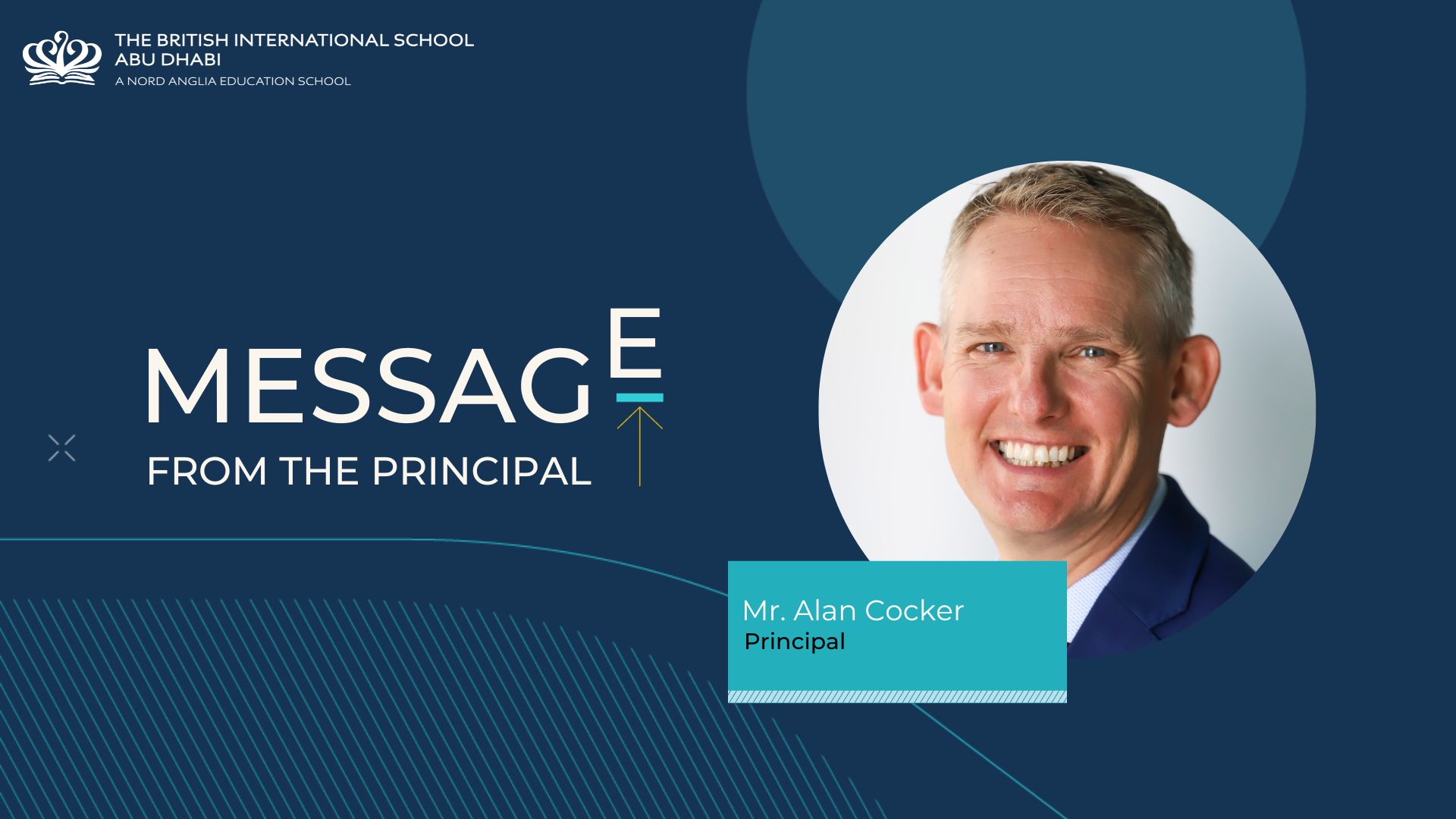
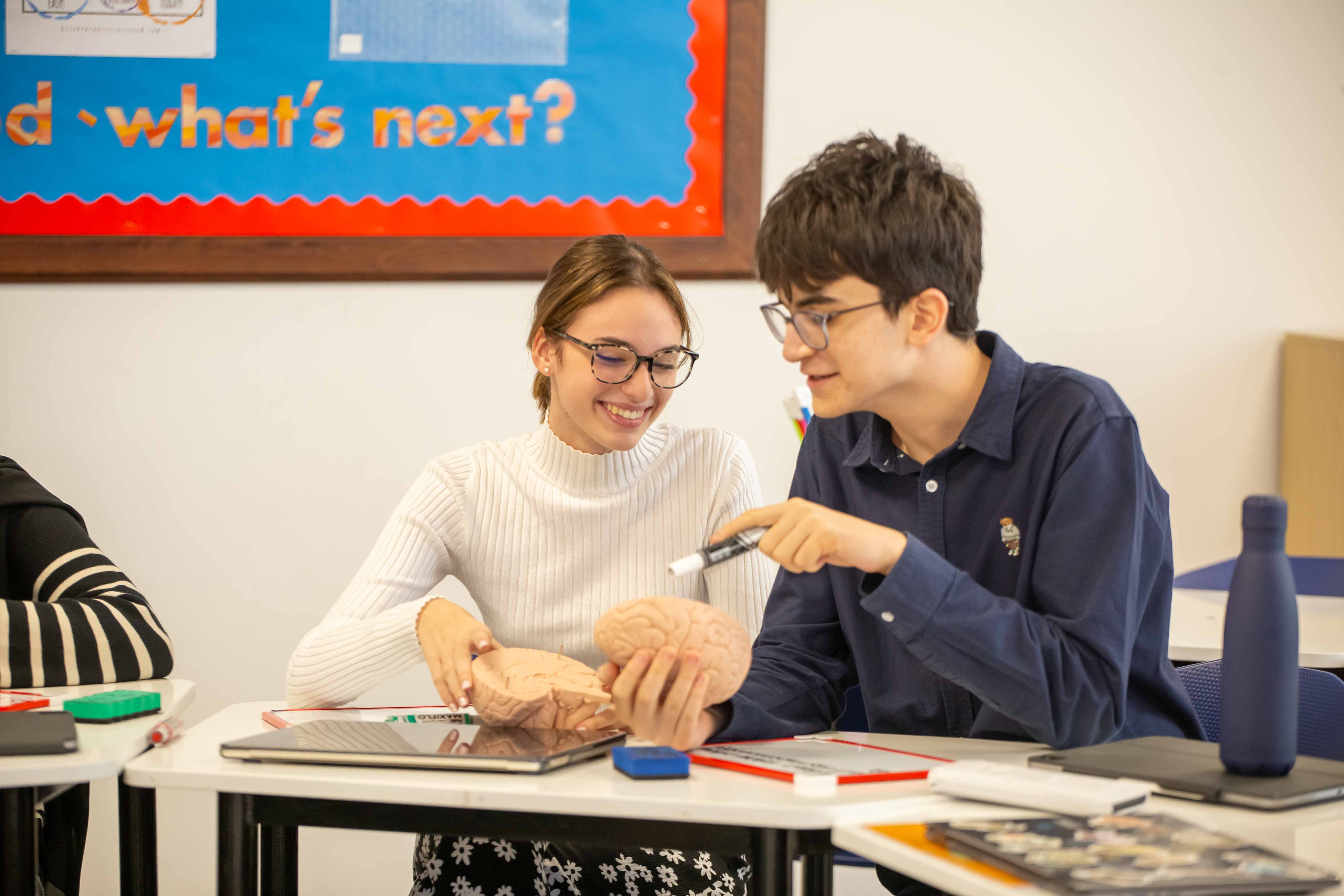
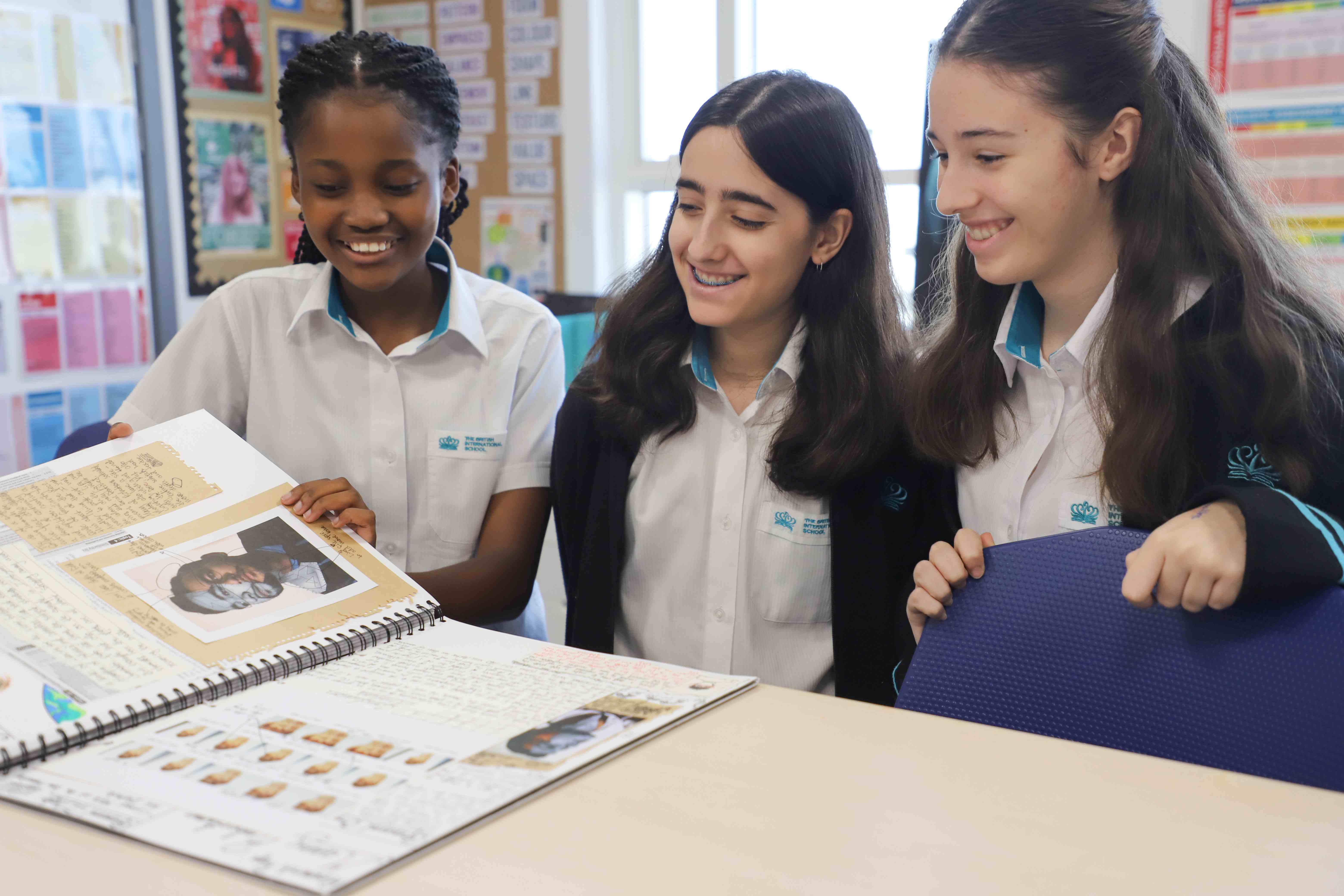

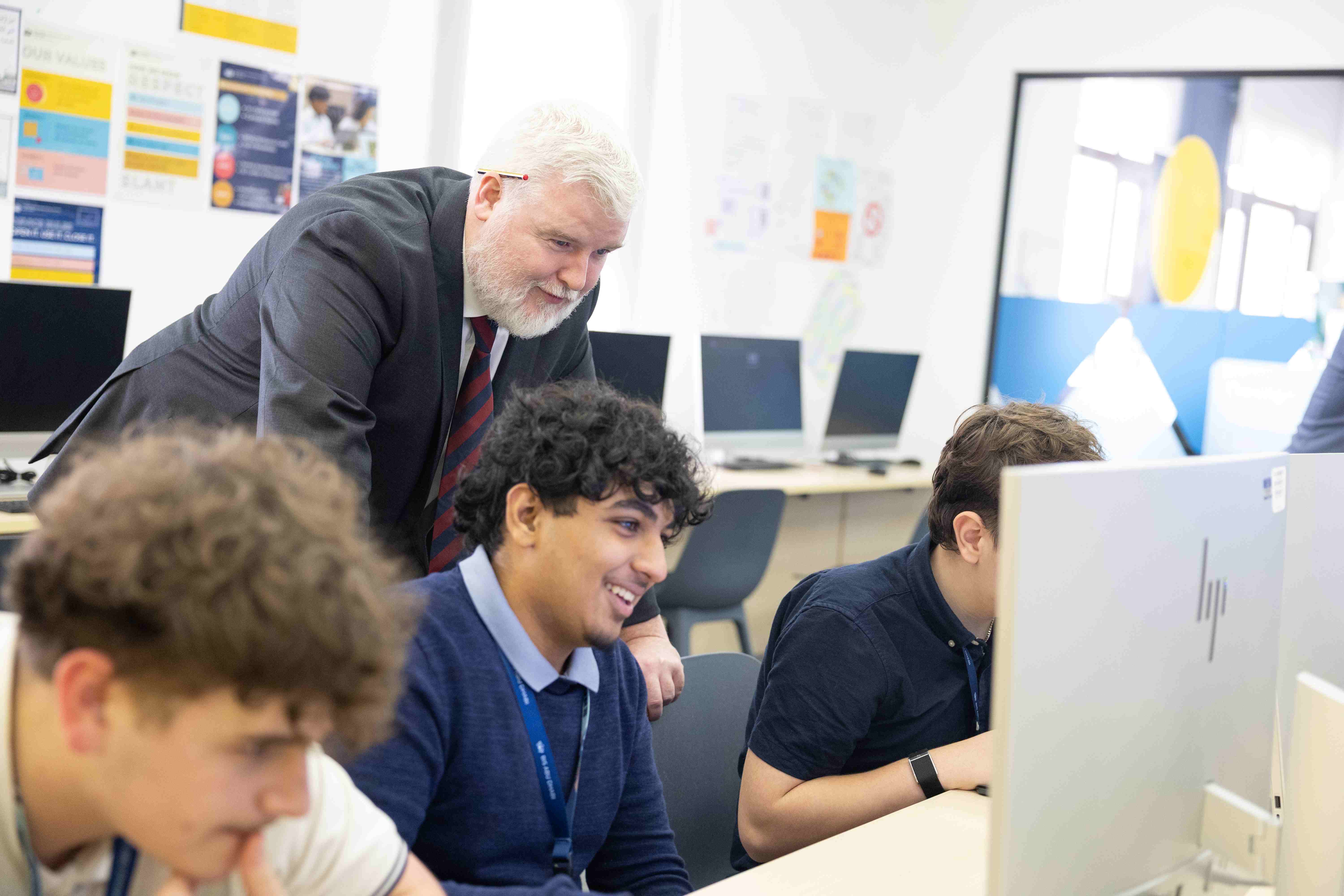
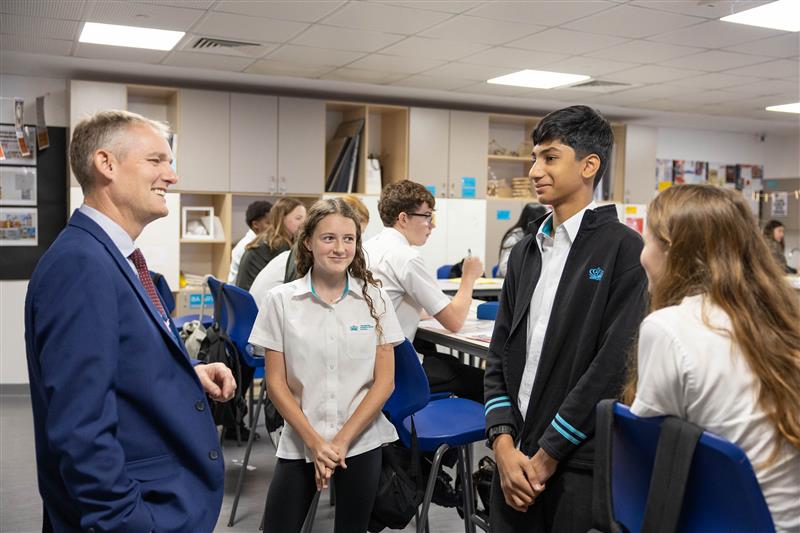
.png?rev=1619813b30a347d9bc71977e2cfe09d2&hash=66B98CDC659BBF07EB36660B4381E1E7)